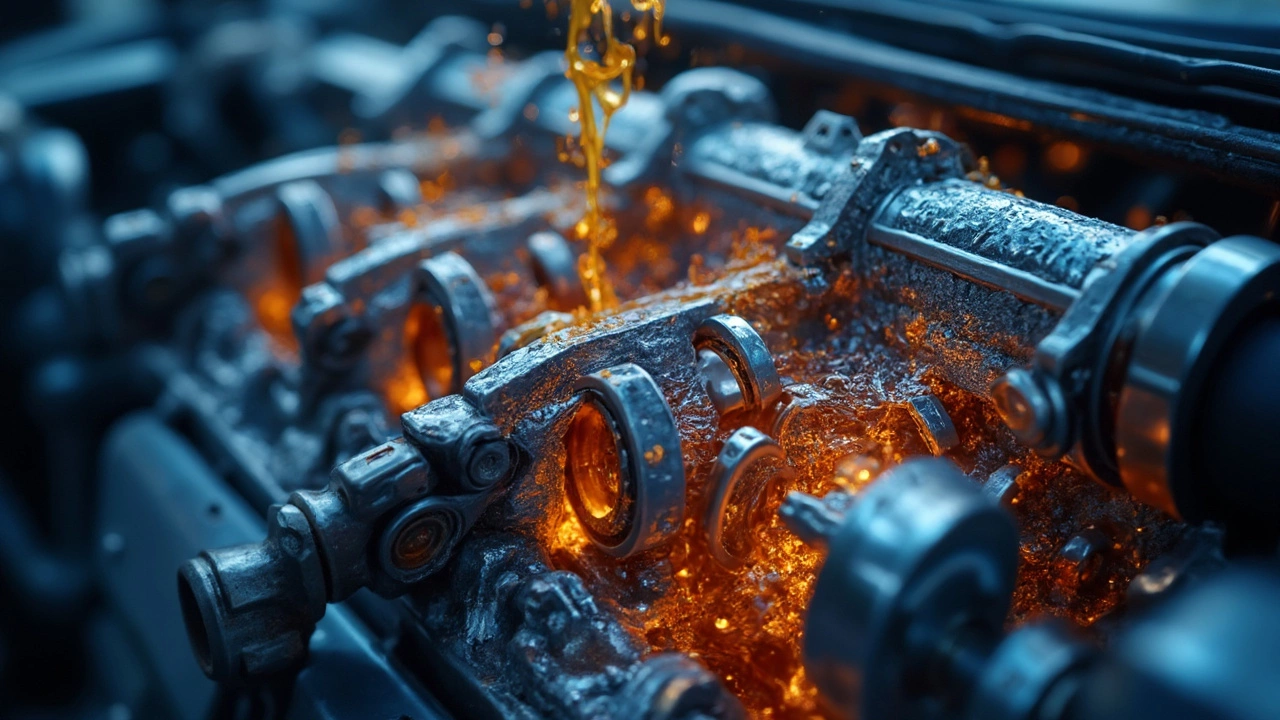Car Engine – Everything You Need to Know
When working with Car Engine, the heart of any vehicle that converts fuel into motion. Also known as automobile engine, it powers your daily commute, road trips, and everything in between. A car engine encompasses the clutch system, relies on Clutch, the component that transmits power from the engine to the transmission to manage torque, and needs Spark Plug, a small device that ignites the air‑fuel mixture in each cylinder for ignition. Keeping the engine lubricated is another must‑do: Engine Oil, the fluid that reduces friction and carries heat away from moving parts directly influences engine longevity. Finally, the Radiator, the cooling unit that dissipates excess heat from the coolant prevents overheating and costly damage. Understanding how these pieces fit together lets you spot problems early and avoid pricey repairs.
Key Components and Their Maintenance Role
Each component brings its own set of attributes. The clutch’s pressure plate and disc wear out based on mileage and driving style, so listening for slipping or a fuzzy pedal is a clear sign it’s time for a swap. Spark plugs have a typical lifespan of 30,000‑50,000 miles; misfires, rough idling, or a drop in fuel economy usually point to fouling or gap issues. Engine oil should be changed every 7,500‑10,000 miles in modern cars; skipping this task leads to sludge buildup, bearing wear, and eventually engine seizure. Radiators can develop leaks or clogged fins, and the warning lights of high coolant temperature or steam from the engine bay signal an urgent check. A car engine requires spark plugs to ignite the air‑fuel mixture, and clean oil influences engine longevity by reducing friction. When any of these parts fail, the engine’s performance drops, fuel consumption rises, and the risk of complete breakdown climbs.
Now that you’ve got the basics of the car engine’s main subsystems, you’ll see why regular checks on the clutch, spark plugs, oil level, and radiator are essential. Below you’ll find a curated collection of articles that dive deeper into each topic—whether you’re looking for DIY replacement guides, cost breakdowns, or warning signs to watch for. Use these resources to keep your engine humming smoothly and avoid unexpected trips to the garage.

Engine Oil Low: What Actually Happens When You Run Out
May 13 2025 / Engine OilRunning your engine low on oil can lead to way more trouble than most people realize. Without enough oil, moving parts inside your engine lose their main source of lubrication and cooling. This can cause fast wear, overheating, and eventually engine failure. Catching the signs of low oil early can save you a mountain of repair bills. Here’s how running low on oil actually wrecks your engine and what you can do about it.
VIEW MORE